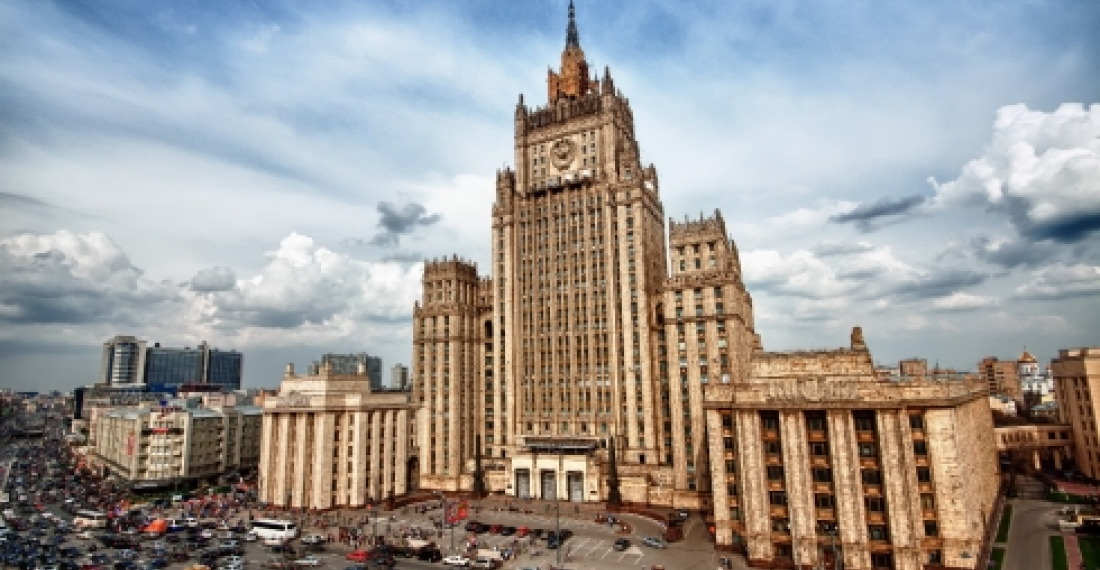Официальный представитель МИД России, Мария Захарова, выступая в Ереване, где она сопровождала министра иностранных дел Лаврова во время его визита в Армению, отвергла обвинения в том, что Россия монополизировала процесс карабахского урегулирования, или что она отказалась делиться информацией по итогам встречи в Санкт-Петербурге на высшем уровне, которая состоялась в июне. Встреча состоялась по инициативе президента Путина, который пригласил президентов Армении и Азербайджана обсудить урегулирование конфликта. Было сообщено, что сопредседатели Минской группы ОБСЕ, которые наделены мандатом посредников в конфликте, были приглашены только на заключительную часть встречи.
"Перед встречей в Санкт-Петербурге все выражали опасения, что Россия монополизирует процесс урегулирования, не хочет информировать, не хочет сделать участником Минскую группу, но, как показала сама встреча, все сопредседатели должным образом были проинформированы о встрече, и не чувствовали себя в пролете", - сказала Захарова.
Отвечая на вопрос о том, когда состоится очередная встреча президентов, официальный представитель МИД РФ ответила, что конфликтующие стороны сами должны предоставить эту информацию. "Я могу сказать, что позиция российской стороны направлена на достижение одной цели - скорейшее мирное урегулирование этого конфликта, который не только затягивается, но и требует развязки. И мы делаем все для этого. Активные усилия прилагают президент Российской Федерации, министр иностранных дел и вообще внешнеполитическое ведомство по двусторонним, многосторонним каналам, в рамках Минской группы, потому что мы понимаем, что каждый день затягивания урегулирования конфликта представляет угрозу для мирных жителей", - подчеркнула М.Захарова.
источник: commonspace.eu по материалам агентств
фото: Здание Министерства иностранных дел РФ в Москве (фото из архива)






